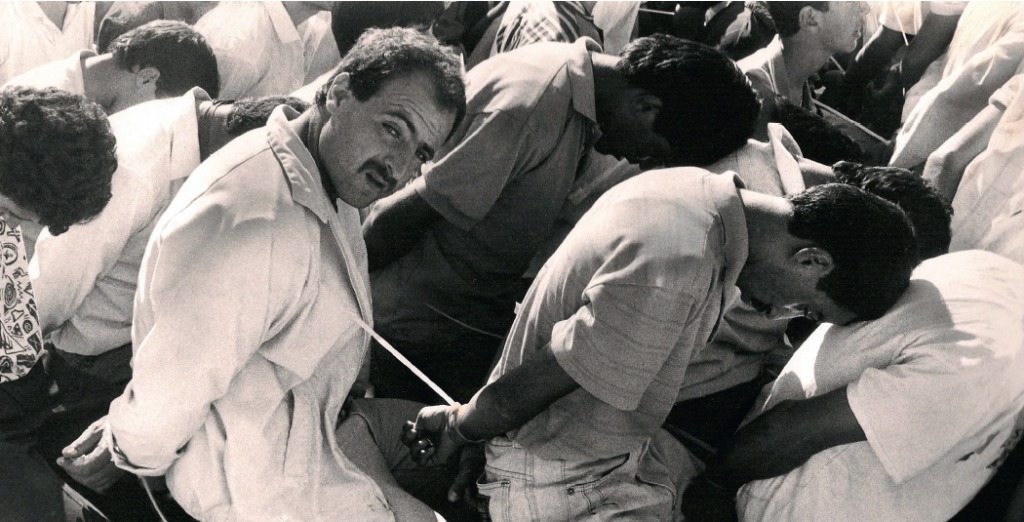- About
- Topics
- Picks
- Audio
- Story
- In-Depth
- Opinion
- News
- Donate
-
Signup for our newsletterOur Editors' Best Picks.Send
Read, Debate: Engage.

Thirty one years ago, on December 10 1987, the UN General Assembly announced that June 26 will mark the International Day in Support of Victims of Torture. Today stands as a way to raise global awareness year after year of a practice that still prevails in our world today, while supporting the UN as well as organisations, activists and charities who are working to end torture and give aid to those who have been its victims.
“Torture seeks to annihilate the victim’s personality and denies the inherent dignity of the human being. Despite the absolute prohibition of torture under international law, torture persist in all regions of the world.” Writes the UN. The narrative around torture is often that of wars, of black-site prisons run as much by the U.S. and U.K. as they are by rebel army groups or military regimes. Yet torture is also becoming increasingly omnipresent, with much more subtle methods. It is clear that torture has many facets and that of Enhanced Interrogation Methods used in the war on terror for example should be at the forefront but not exclusively so; today is a reminder to include the many facets of inhumane treatment of individuals as part of the discussion.
While the support of victims and the eradication of the practice is crucial, the driver of a true end to torture will be birthed with changed local policies. As stated by the UN Rapporteur on torture Nils Melzer, “increasingly obstructive laws, policies and practices have pushed migrants towards irregular pathways and methods marked by an escalating prevalence of torture and ill-treatment.”
It is at the root that torture and inhumane treatment of lives must be addressed. Continuing to fight for women’s rights from the bottom up – in local communities, in regions, and thus in countries – will help eliminate the mistreatment, torture and silencing of women throughout the world. Standing up for sensible migration policies can protect vulnerable migrants and refugees from cases such as the widely reported separation of children from their parents in the U.S., or the hundreds of lives stranded in the Mediterranean and the countless other stories of those whose human rights had been robbed of them.
There are various support programmes for victims of torture and it is crucial those are accessed by as many as possible and continued to be supported both by governments or individuals. The United Nations Voluntary Fund for Victims of Torture outlines the guarantees of the funds and since 2018 there are 160 organisations around the world operating to support victims.
Raising awareness of victims of torture is an important step, as is providing long lasting care and support. Yet we must not forget that torture is a result of perpetuating policies that have lost touch of the individual, of human rights, compassion and humility. Fighting for laws that work to first and foremost protect the person is where true change will be yielded.
Photo used with permission by Amnesty International
